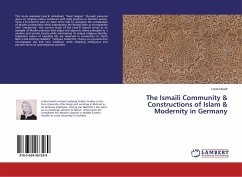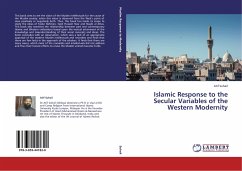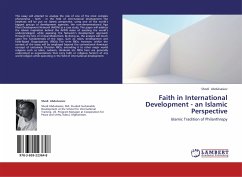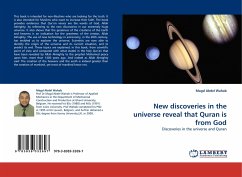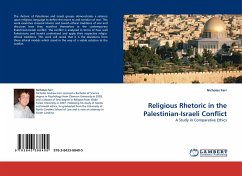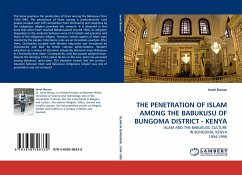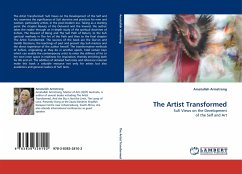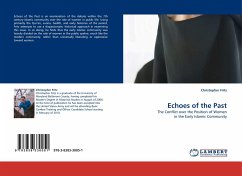This study examines Ismaili individuals' "lived religion" through personal views on religious values combined with daily practices in German society. Since a Eurocentric view on Islam often fails to recognize the complexities of Muslim communities while emphasizing the Muslim faith as incompatible with "modernity", the current study of the Ismaili branch serves as an example of Muslim practices that adapt and adjust its divine principles to a modern and secular society while maintaining its unique religious identity. Important values of everyday life are observed in connection to Ulrich Beck's and Anthony Giddens' "reflexive modernity" theory as a process that encompasses old and new traditions while adapting ambiguous and pluralist forms of contemporary societies.
Bitte wählen Sie Ihr Anliegen aus.
Rechnungen
Retourenschein anfordern
Bestellstatus
Storno

